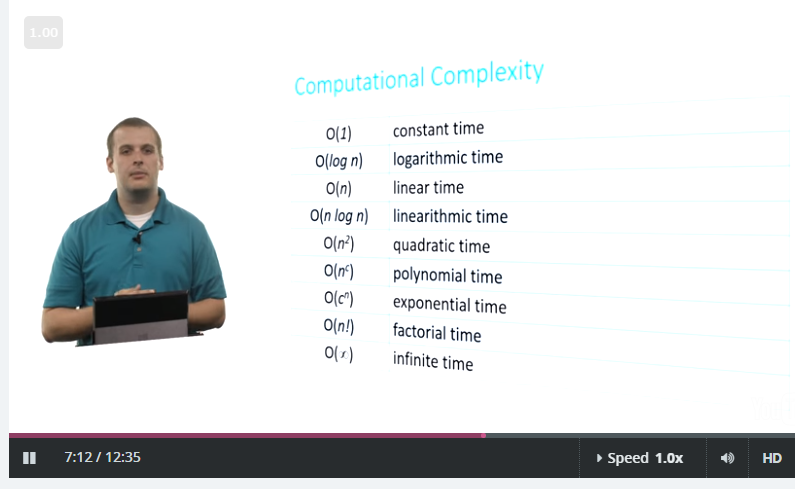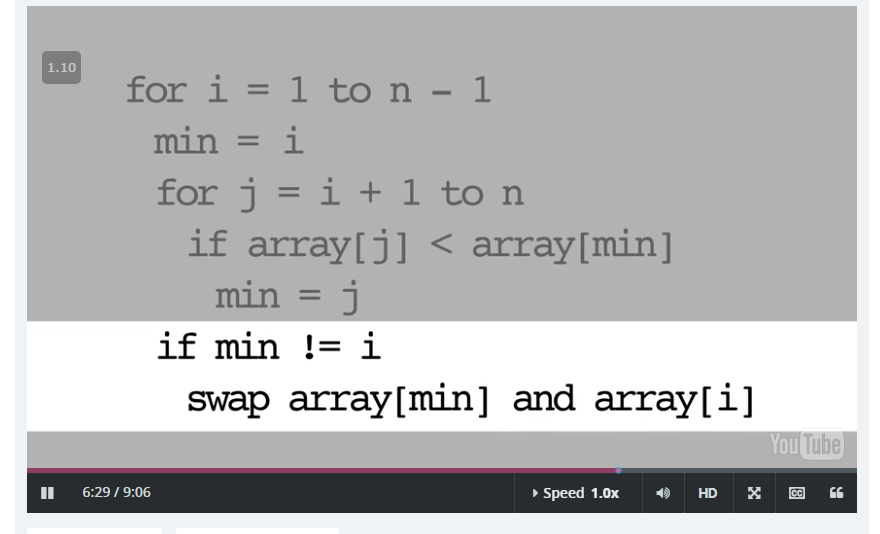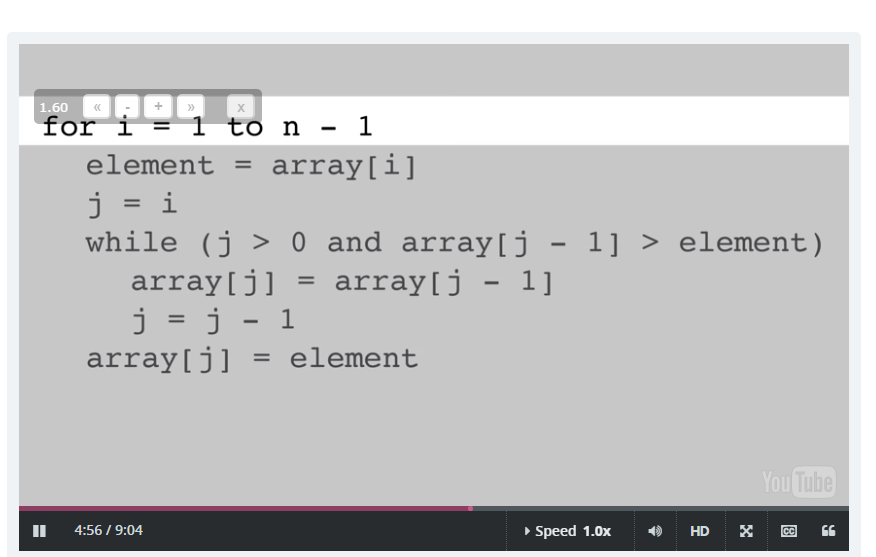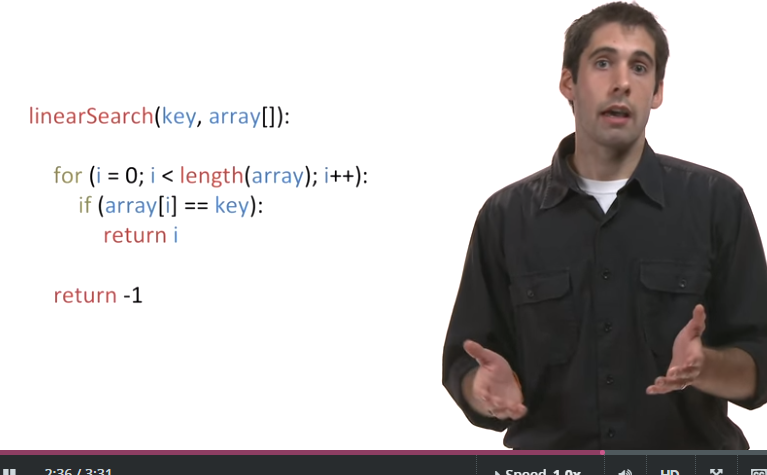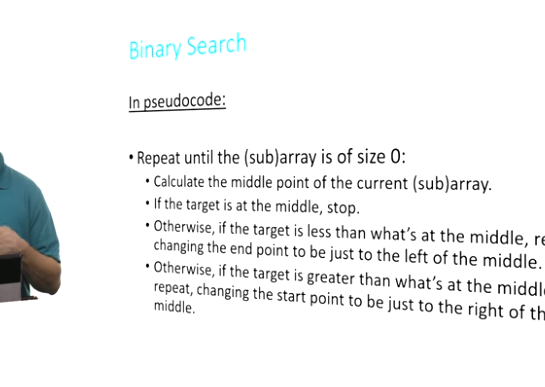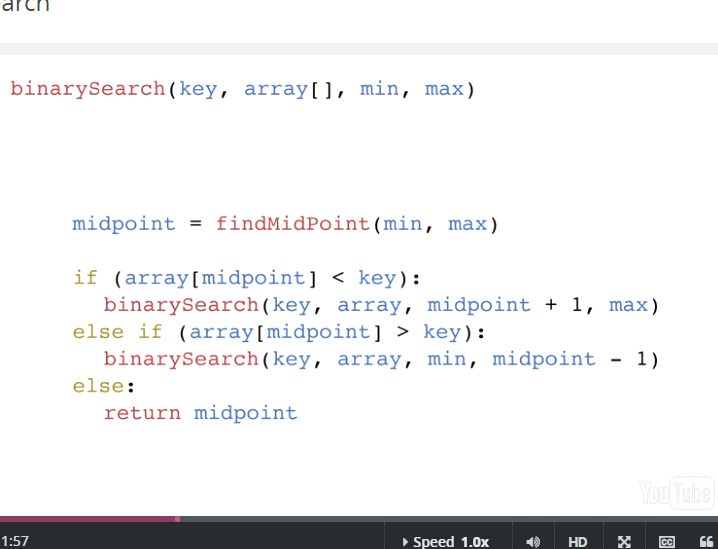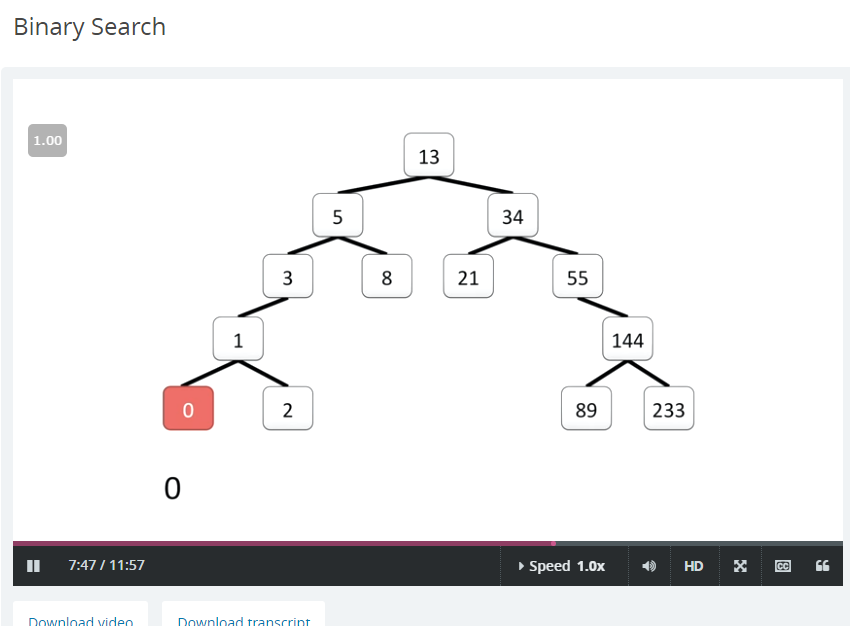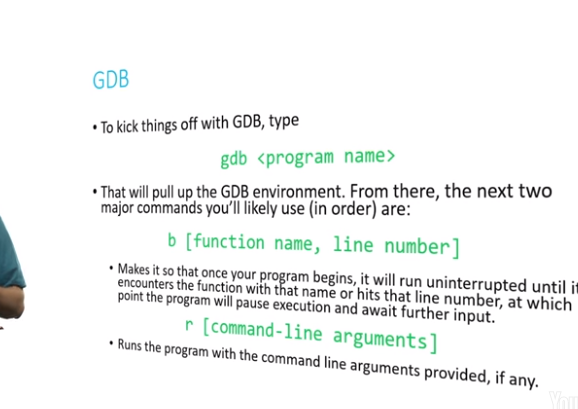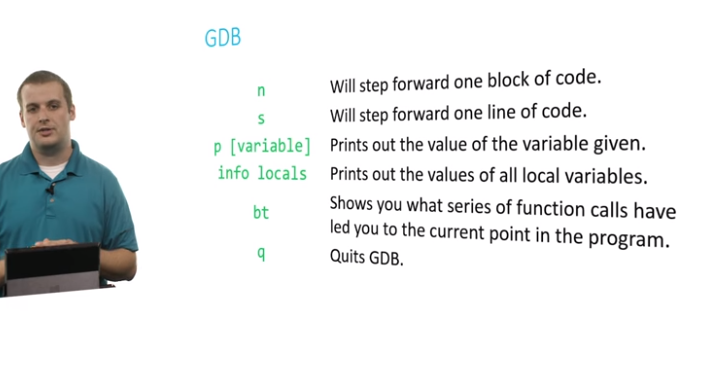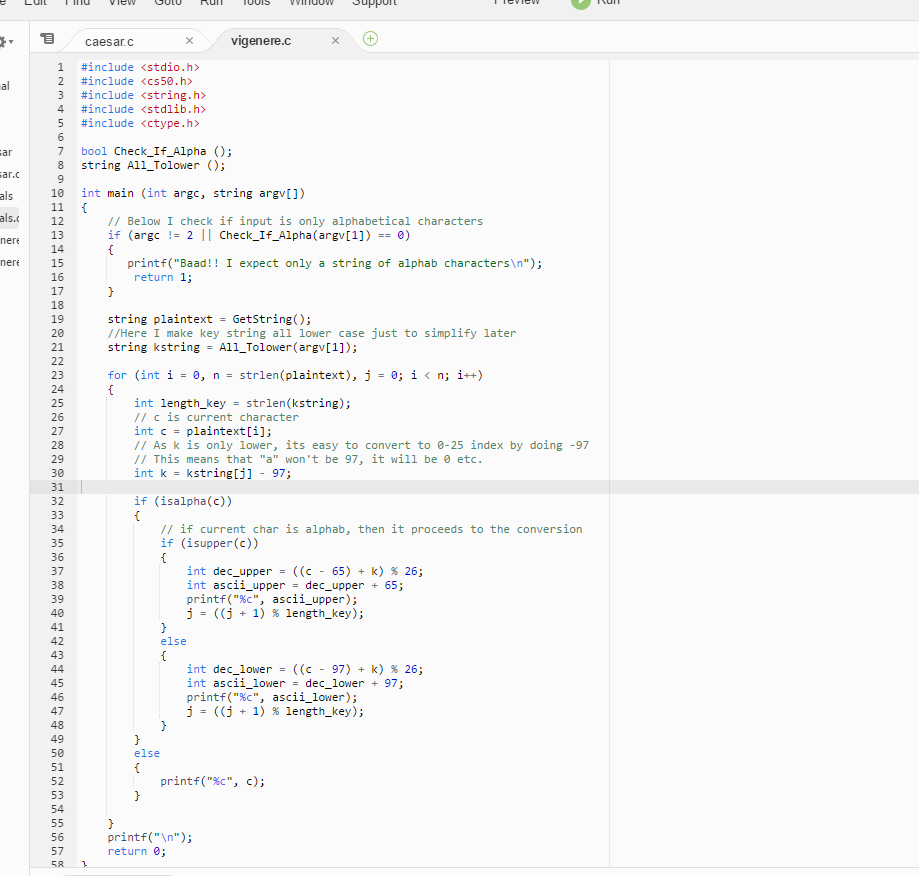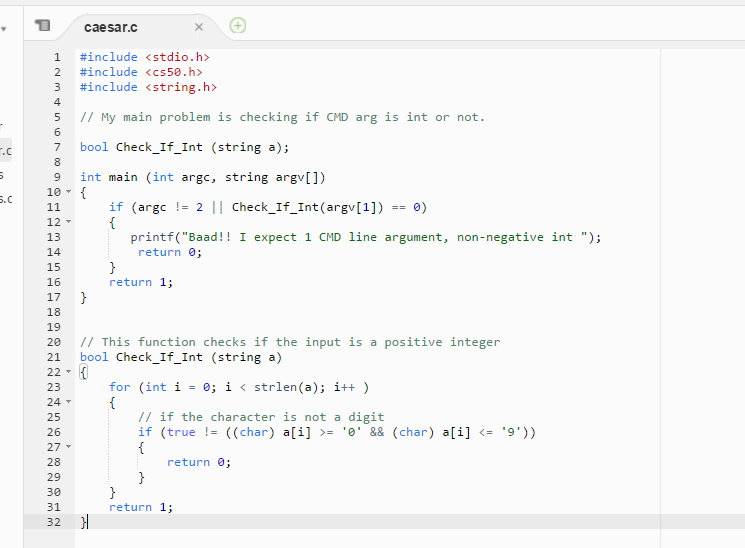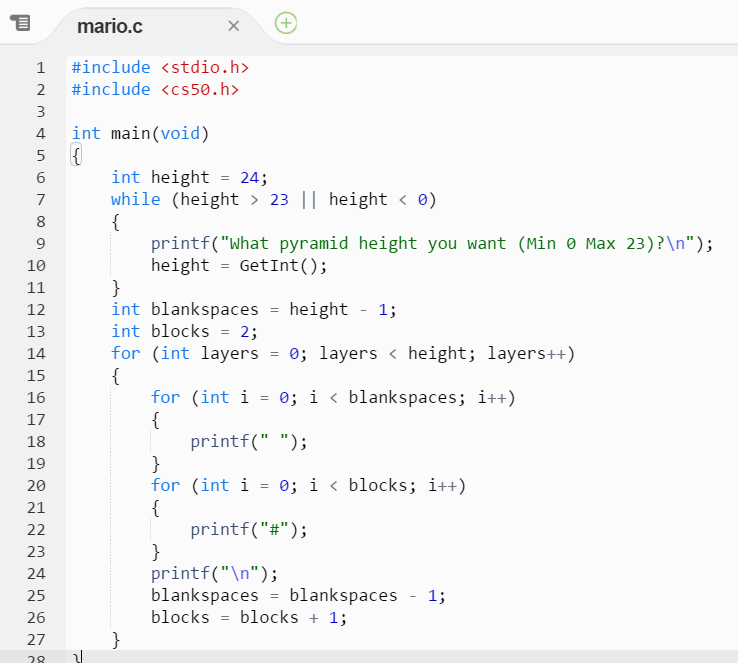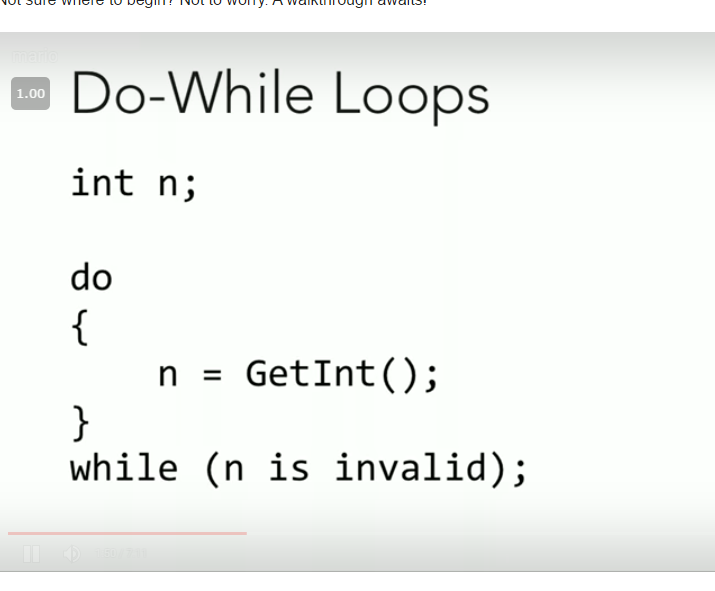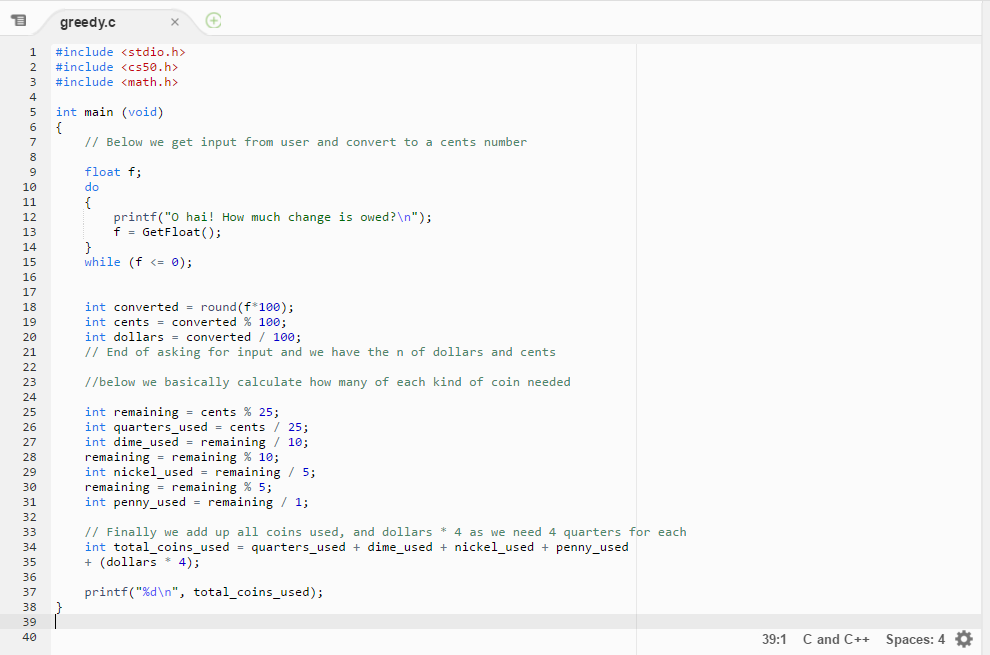I read that only 1% finishes CS50 courses. I can imagine because the difficulty does increase pretty quickly.
- I learned today that I can use echo $? after running some code to check what is the value main returned (o or 1 or more if more errors I guess?)
- You can “pipe” and call files together such as: $ ./generate 3 2 | ./find 5979
- This basically runs generate with the given values and feeds those values then to the find program.
- You can also run generate and feed values to a txt and then from text feed to find by using:
- ./generate 1000 > numbers.txt
- ./find 42 < numbers.txt




